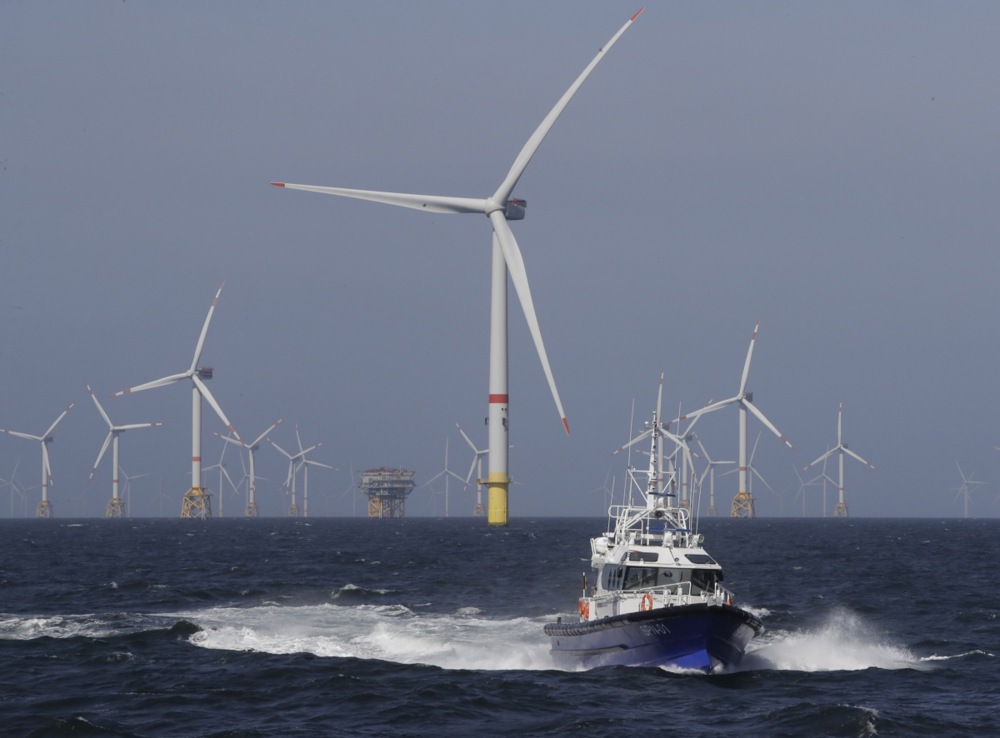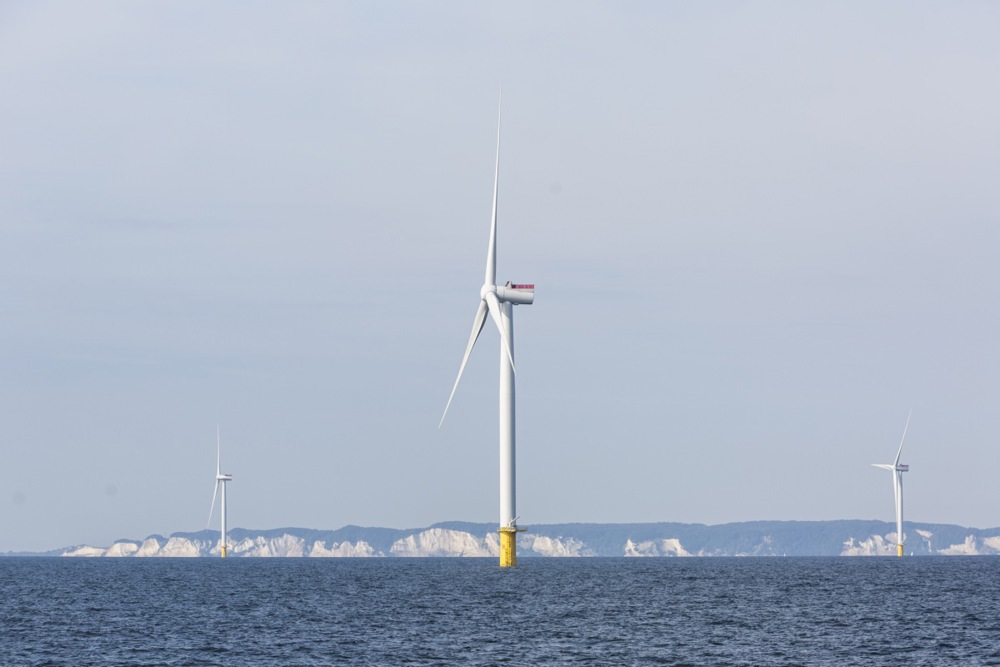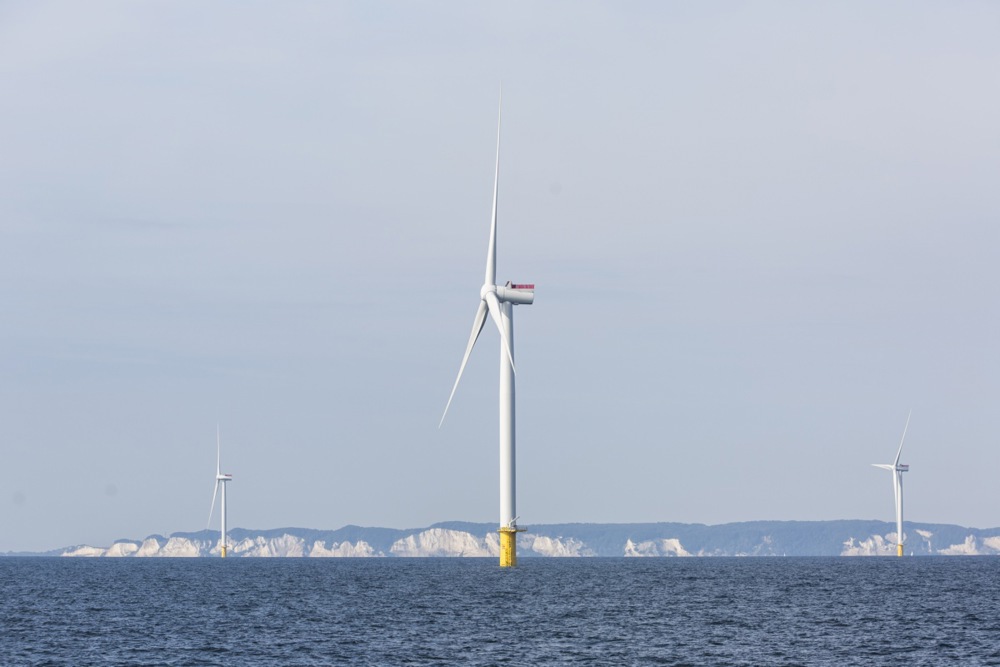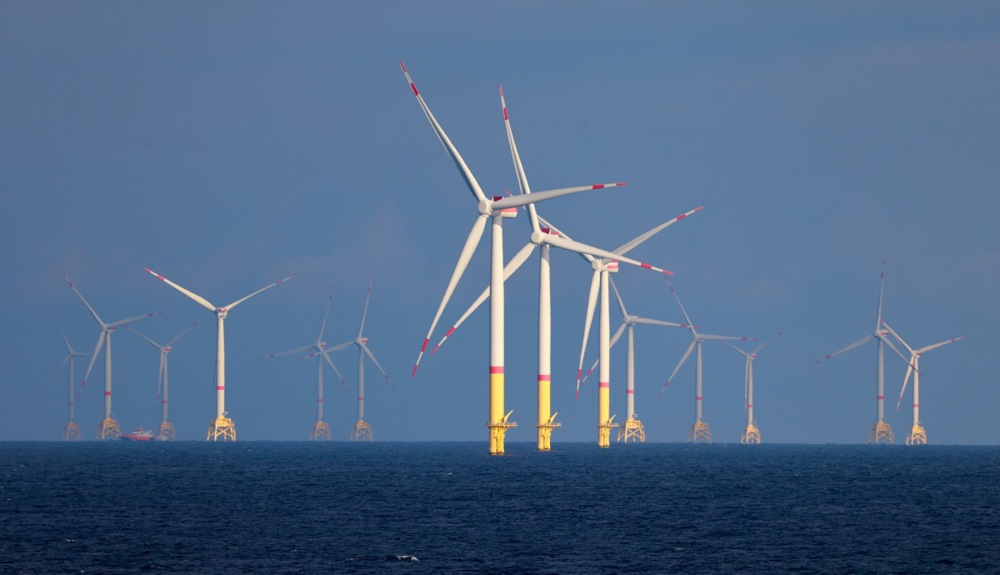Onshore wind farms have had a detrimental effect on the property value of Swedish real estate, a study found.
Within an area of two kilometres, a house can lose up to 15 per cent of its worth, the report by ScienceDirect reported on July 14.
The research, based on more than 600,000 property transactions between 2005 and 2018, found that prices began to fall even during the construction phase. That likely reflected anticipation of negative impacts such as noise pollution, vibration, visual intrusion and other issues.
These declines in value persisted after the turbines became operational, with the effect gradually diminishing and becoming statistically insignificant at distances of six to ten kilometres from the plant.
There was a regional variation in how property markets responded to turbine installation, as many were built in areas with lower property prices in general.
Properties in southern Sweden experienced greater value losses compared to those in the north. This disparity suggested that local market dynamics and population density may influence how environmental changes are capitalised into property prices, ScienceDirect said.
The report came at a critical juncture for Swedish energy policy, with the nation committed to achieving net-zero greenhouse gas emissions by 2045, planning to rely heavily on wind power.
The Swedish Energy Agency has proposed expanding wind energy production by 100 terawatt-hours to meet growing electricity demand, particularly from large-scale industrial projects in the north.
Given these ambitions, the report authors argued for policies that internalised the external costs borne by nearby residents.
Economic compensation for affected homeowners or adjustments in planning regulations may help balance the need for fossil-free energy with fairness towards local communities, the authors suggested.
The Swedish results aligned with several European studies showing adverse effects of wind turbines on house prices.
Research from Denmark and Germany has documented property value reductions reaching more than 15 per cent within a few kilometres of turbines.
Sweden’s rapid expansion of wind power has already raised concerns among homeowners, particularly in rural and semi-rural areas, over potential losses in property value and environmental quality.
A new study by Swedish think-tank the Scandinavian Policy Institute (SPI) has warned that the promotion of wind power as being cost-effective and reliable was misleading at best. https://t.co/0WWBSKp2DN
— Brussels Signal (@brusselssignal) May 28, 2025





